Funding support for chick sexing company
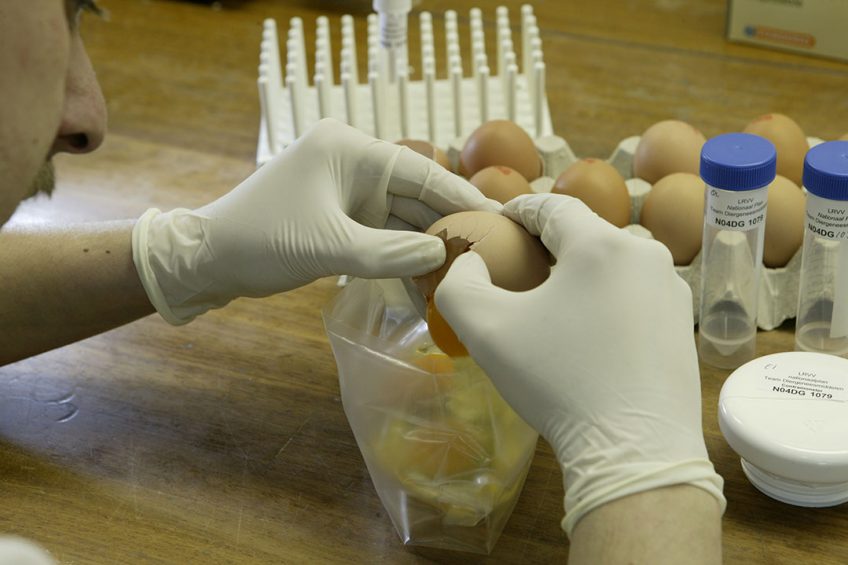
One of the world’s leading companies looking into overcoming the controversial issues of male chick culling has been awarded € 2.5m from the European Union.
In Ovo, a spinoff from Dutch-based Leiden University, will receive the funding from the European Innovation Council (EIC) Accelerator Pilot grant to support its mission to stop the global culling of male chicks.
Every year, the poultry industry culls 6.5bn male day-old chicks. In Ovo has developed a high-throughput screening machine that gender types the egg instead of the chick. The machine will make it possible to only hatch the females and prevents the killing of billions of male chicks. The company has been working with a number of large industry players and is well on its way to solve the historical problem.
Novel techniques make culling male layers obsolete For years there has been heated debate surrounding the killing of male layer chicks immediately after hatching. But with techniques that could determine sex before hatch only available on a lab scale, the debate was going nowhere. Now that these methods are reaching maturity, the situation is changing.
For years there has been heated debate surrounding the killing of male layer chicks immediately after hatching. But with techniques that could determine sex before hatch only available on a lab scale, the debate was going nowhere. Now that these methods are reaching maturity, the situation is changing.
Legislations to end culling chicks
Both Germany and France are putting legislation in place to end the culling of day old chicks by 2022 and the technology that In Ovo are working on will help make this a reality. Last week the Rajasthan State Government in India said it would take strict action against poultry hatcheries using crude methods to cull male chicks. The Department of Animal Husbandry has recommended that hatcheries use nitrogen or inert gas methods prescribed by the Animal Welfare Board of India, until in-ovo sexing technology is commercially viable in India.
[the subsidy]… It will have a massive positive impact on the poultry industry across the globe.”
Wouter Bruins, In Ovo director, said the subsidy would enable the company to speed up development as well as upscale the firm: “It will have a massive positive impact on the poultry industry across the globe. “We are grateful and very happy to receive such a prestigious grant and look forward to working with the council on accelerating our business. Together, we can improve both sustainability and animal welfare in food production on a very large scale.” In Ovo is one of just 72 firms to receive EIC grant support out of a total number of just under 4,000 applications across Europe. It has previously received support from Leiden University, Evonik Industries and VisVires New Protein.
 Beheer
Beheer

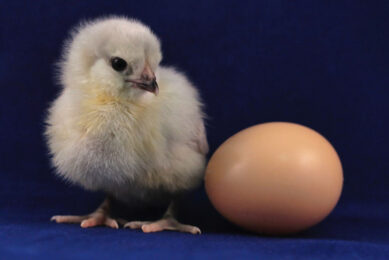
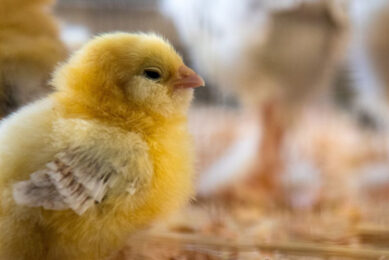
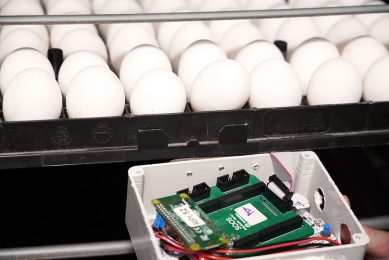
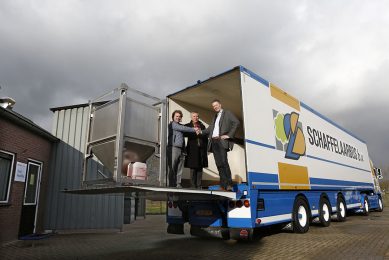



 WP Admin
WP Admin  Bewerk bericht
Bewerk bericht